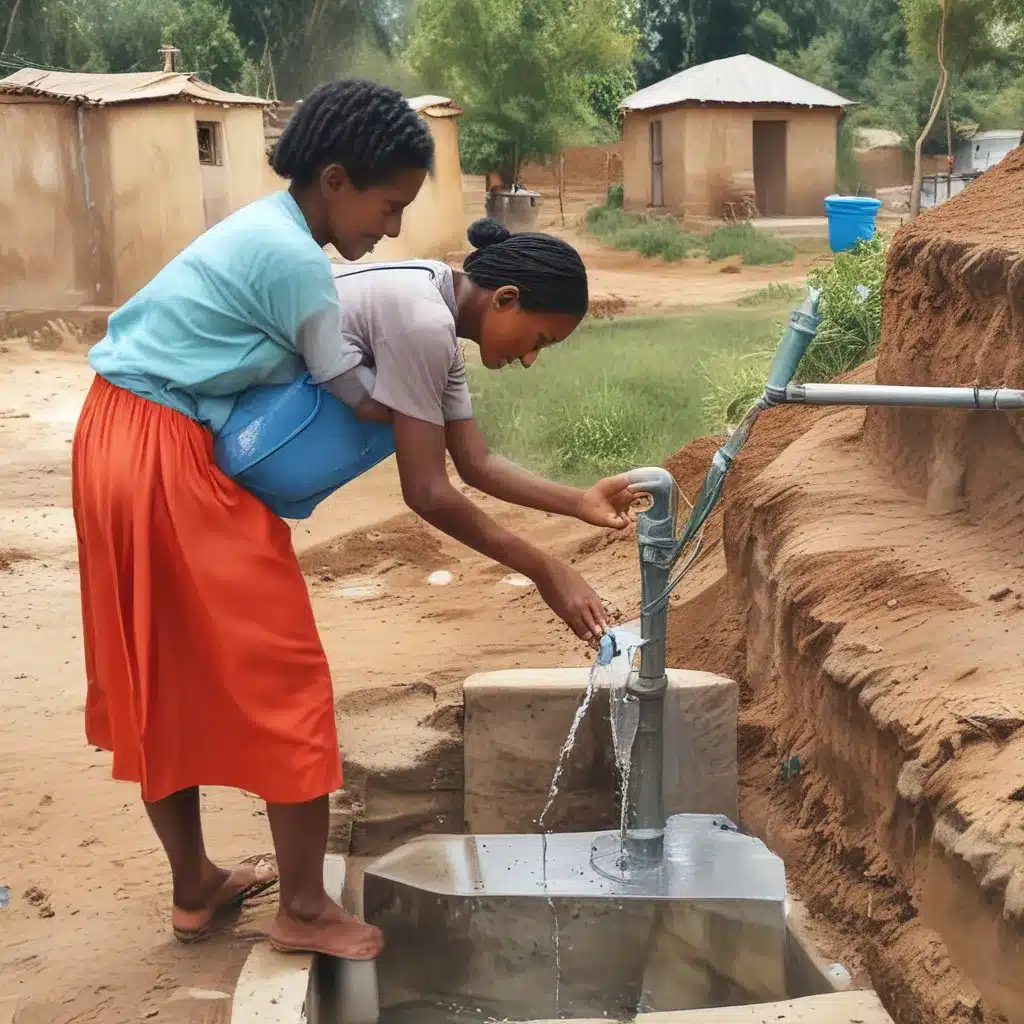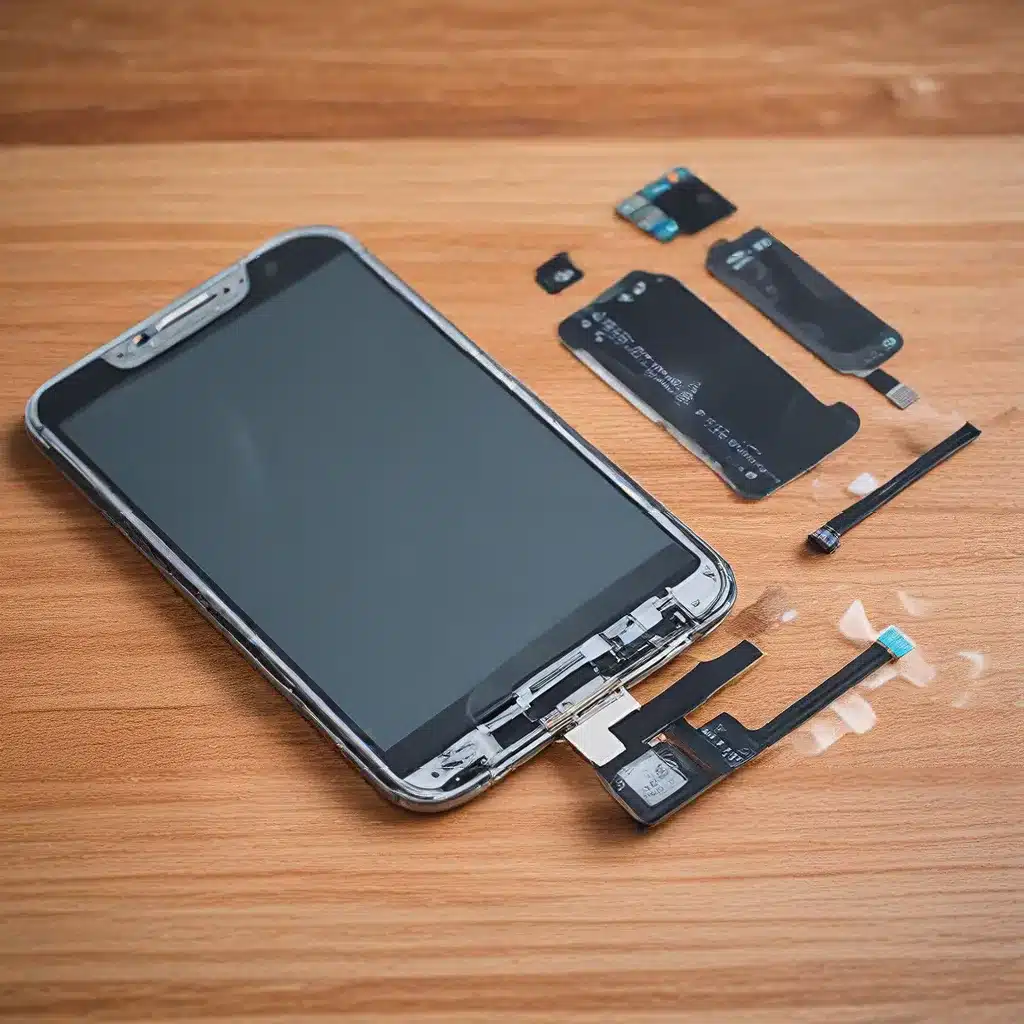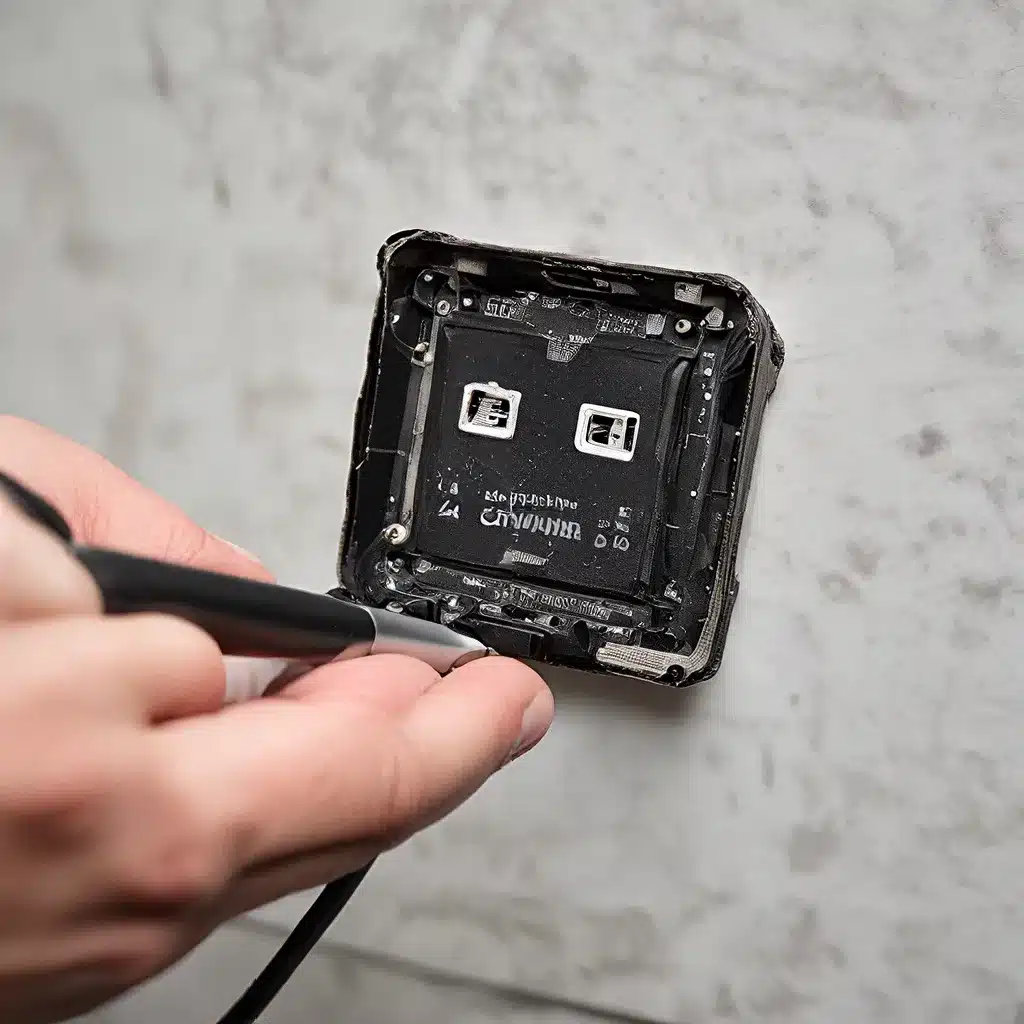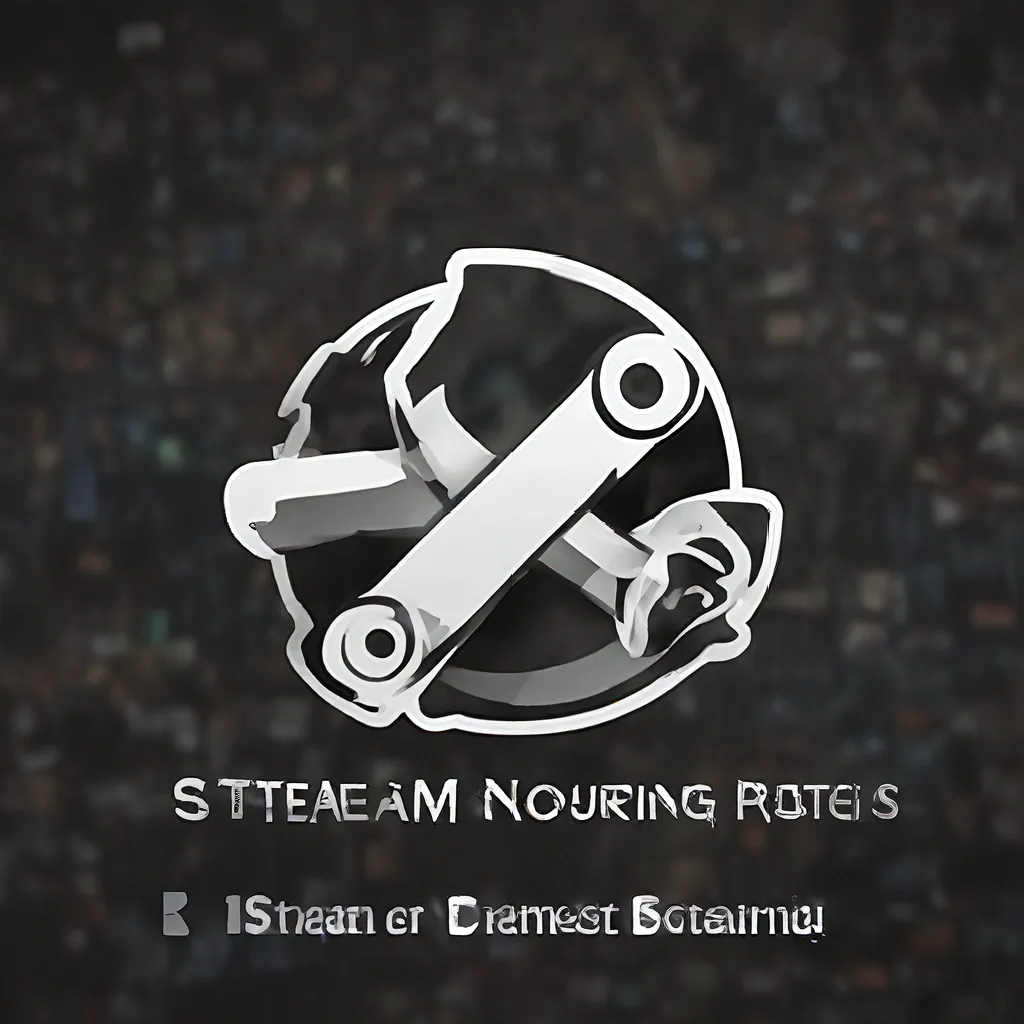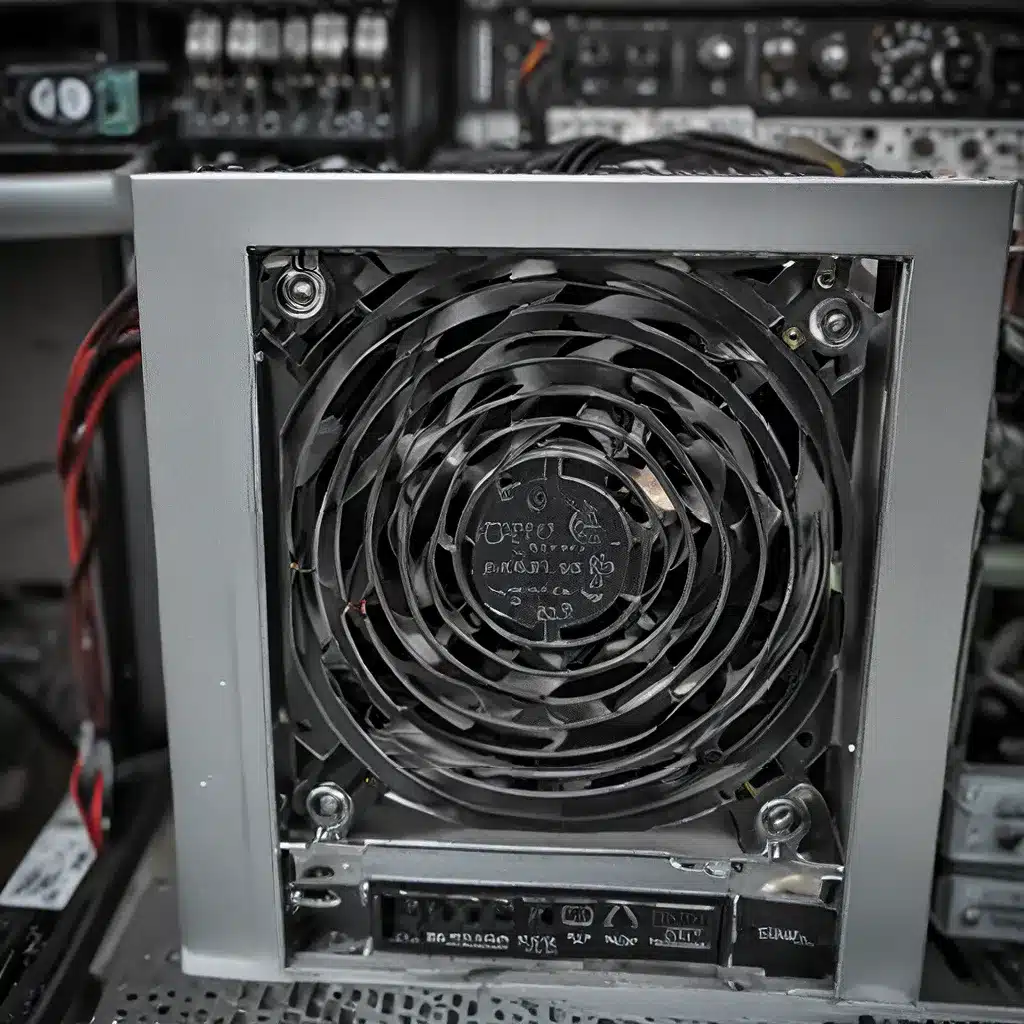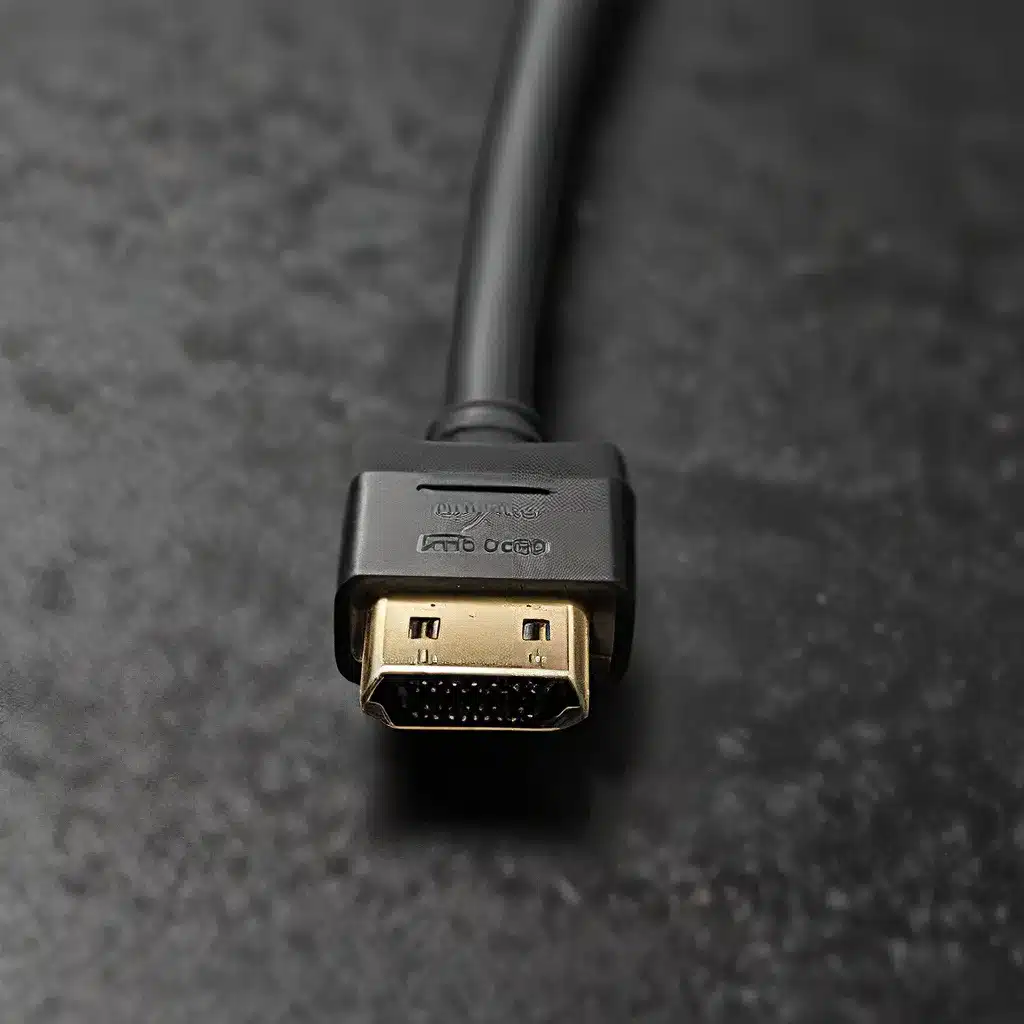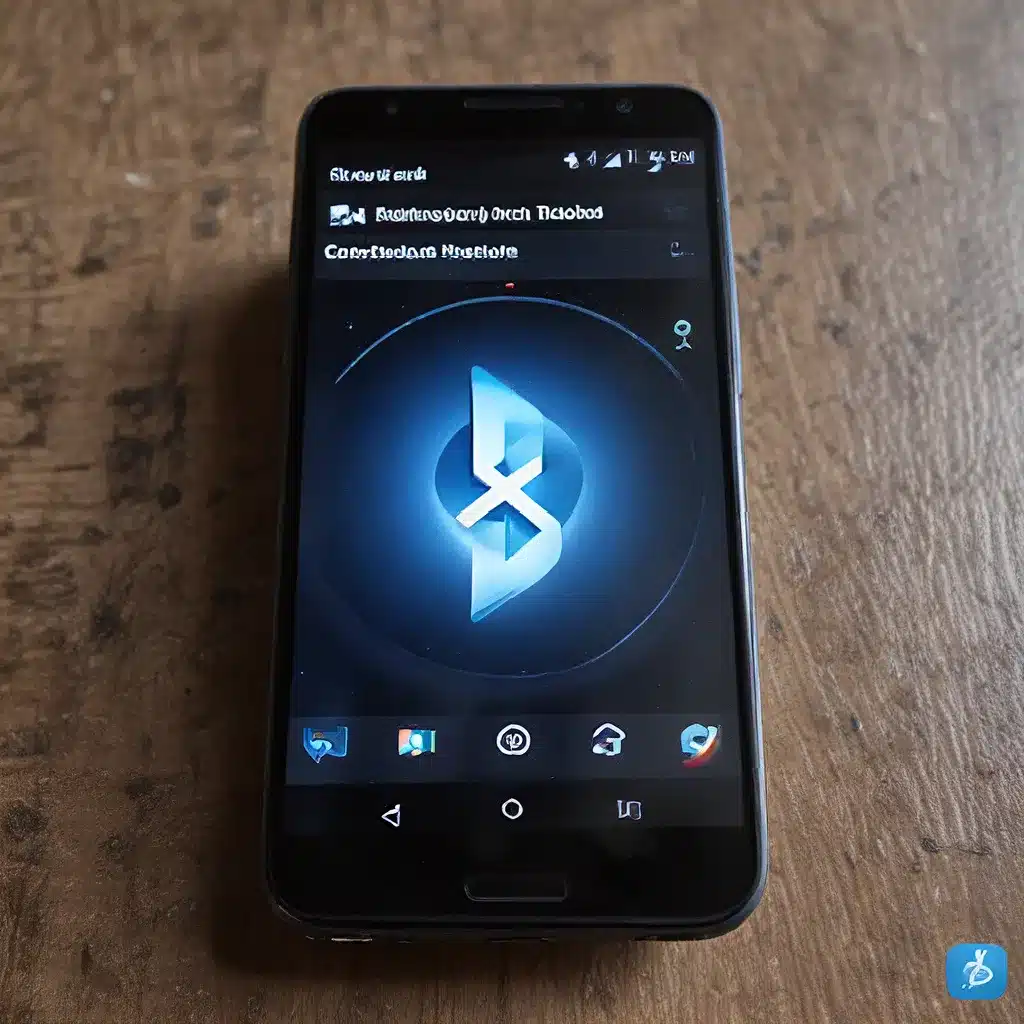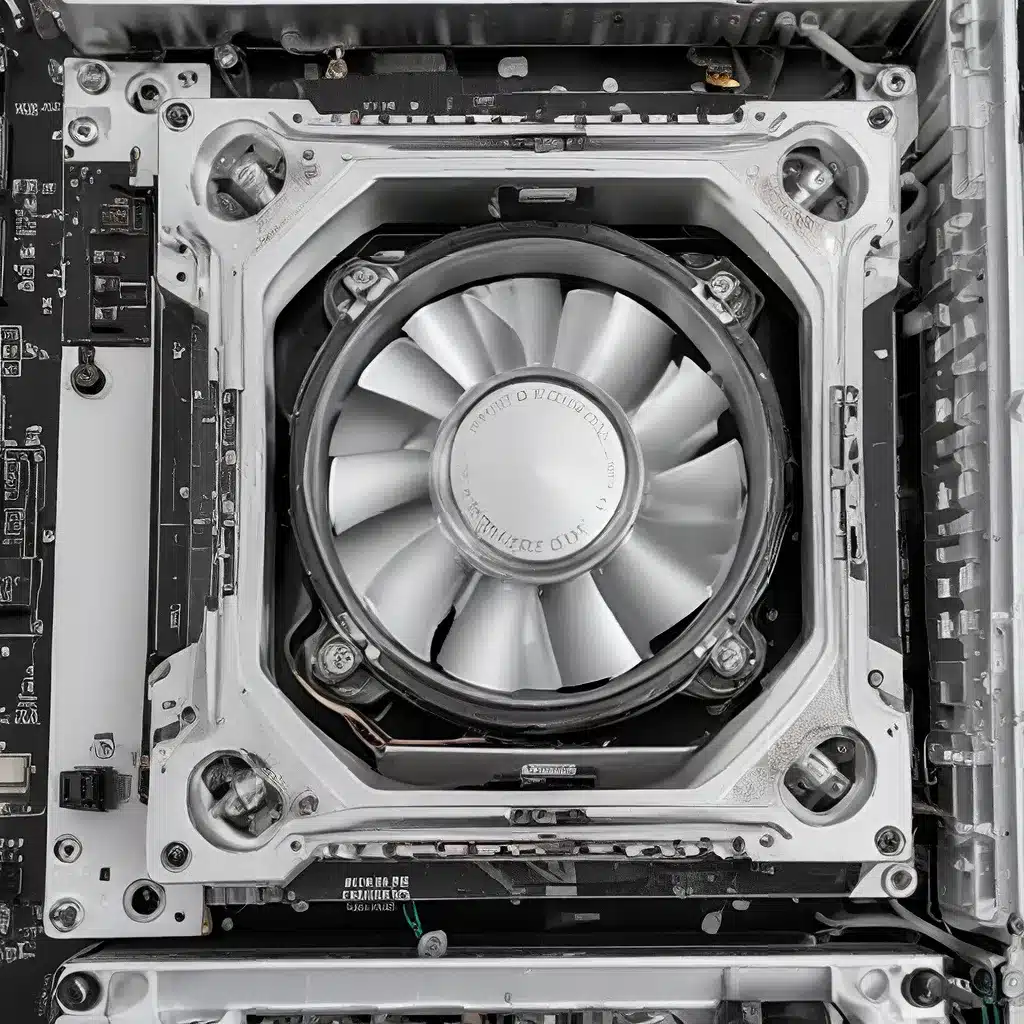Quenching the Thirst of a Parched Planet
Growing up in the heart of the Sahara, I never took clean water for granted. As a child, I remember the daily chore of trekking miles to the nearest borehole, my small hands clutching a heavy jerrycan. The scorching sun beat down on us as we waited in line, our throats dry and parched. That precious liquid, drawn from deep within the earth, was a lifeline – not just for my family, but for our entire community.
Yet, as I soon learned, our struggle for water was not unique. Across the globe, millions grapple with this most basic of human needs. In fact, a staggering 844 million people worldwide lack access to clean drinking water, while 2.3 billion do not have access to proper sanitation facilities. UNICEF reports that contaminated water and poor sanitation are among the leading causes of death for children under 5, putting them at increased risk of preventable diseases, malnutrition, and other critical health issues.
It’s a crisis of epic proportions – one that demands innovative, impactful solutions. And that’s precisely what the team at ITFix is committed to providing.
Innovating for Impact: UNICEF’s Trailblazing WASH Projects
As a global leader in water, sanitation, and hygiene (WASH) initiatives, UNICEF has been at the forefront of tackling this challenge. Through targeted construction projects, the organization works to bring clean water, essential sanitation, and hygiene facilities to homes, schools, and health centers around the world.
Recently, UNICEF has been undertaking increasingly complex WASH projects to resolve some of the most intractable development and humanitarian water challenges. In South Sudan, for example, the organization has been supporting the rehabilitation of the Lologo water treatment plant in the capital city of Juba. This project, funded by the Government of Germany through the KfW Development Bank, draws water from the Nile River, purifies it, and pumps it across the city – including to camps hosting internally displaced persons affected by the country’s protracted conflict.
UNICEF’s efforts have been nothing short of transformative. The Lologo plant will supply 46 million liters of water per day, pumping it to three large reservoirs that can each hold up to 300,000 liters. This infrastructure will provide clean drinking water to over 100,000 people, including those displaced by the conflict.
But UNICEF’s innovative WASH solutions don’t stop there. In the Central African Republic, where the drinking water coverage rate is just 37%, the organization has been building latrines and solar-powered water supply systems in schools and health centers. Between 2018 and 2021, these projects have provided more than 138,000 children access to clean water and sanitation.
Tackling the Toughest Challenges
Even in the face of daunting obstacles, UNICEF remains undeterred. In Iraq, for example, the organization is grappling with significant water scarcity challenges that have been exacerbated by climate change-induced drought and ongoing conflict.
Many of the country’s water treatment facilities are aged, degraded, and eroded, resulting in unsafe drinking water. UNICEF’s response has been a highly complex modernization project at the Al-Qaqa water treatment plant. This initiative involved excavation, construction, and the installation of a state-of-the-art filtration system, complete with electrical and mechanical work.
The result? A plant that now serves 300 primary and secondary schools, the main hospital, and four primary health care centers, providing access to clean water for over 450,000 people. It’s a testament to UNICEF’s unwavering commitment and engineering prowess, even in the face of the most daunting challenges.
Overcoming the Odds in Venezuela
The economic crisis in Venezuela has also taken a devastating toll on the country’s water infrastructure. According to a 2020 UNICEF project funded by the United States Agency for International Development (USAID), nearly 8 out of 10 Venezuelans lack continuous access to clean water and basic sanitation.
But UNICEF refuses to back down. In a project valued at over $39 million, the organization coordinated a massive effort to rehabilitate the Wüimpala water treatment plant in Zulia State. The plant’s production capacity and water quality had deteriorated significantly, leaving communities with untreated, intermittent, or even unavailable water supplies.
UNICEF’s technical expertise was instrumental in installing an advanced treatment and purification process, including a chlorine dosing system, water filtration valves, and flocculation – a water treatment process in which small particles form larger flocs to be removed from the water. Thanks to this project, the local population no longer has to worry about the risks of contaminated water or spend a sizable portion of their monthly income on clean water.
Driving Global Innovation in Sustainable WASH Solutions
UNICEF’s commitment to providing clean water and sanitation for all is not just about building infrastructure – it’s about driving global innovation and creating sustainable solutions that empower communities. The organization’s work in China and Ecuador is a testament to this forward-thinking approach.
In China, UNICEF has been pioneering the development of sustainable WASH facilities, focusing on reducing environmental impact and promoting community ownership. From solar-powered water pumps to composting toilets, these innovative solutions are not only environmentally friendly but also culturally appropriate and tailored to the unique needs of the local communities.
And in Ecuador, UNICEF has been at the forefront of hand-washing innovation, designing and deploying user-friendly, touchless hand-washing stations that encourage good hygiene practices. These simple, yet effective, solutions are making a profound difference in the lives of children and families, helping to prevent the spread of waterborne diseases and improve overall health outcomes.
A Vision for a Water-Secure Future
As I reflect on my own childhood journey to the borehole, I’m reminded of the profound impact that access to clean water can have on a community. It’s not just about quenching thirst or maintaining good hygiene – it’s about empowering individuals, strengthening communities, and paving the way for a brighter, more prosperous future.
That’s why the work of UNICEF and organizations like ITFix is so vital. By leveraging innovative solutions and technical expertise, they are transforming lives and creating a more water-secure world for all. It’s a monumental task, to be sure, but one that is fueled by a unwavering commitment to making a difference, one community at a time.
So, the next time you turn on the tap, take a moment to appreciate the clean, safe water that flows freely. And remember that there are millions of others around the world who are still waiting for that simple luxury. But with the help of UNICEF and its partners, we can make that dream a reality – one innovative solution at a time.

